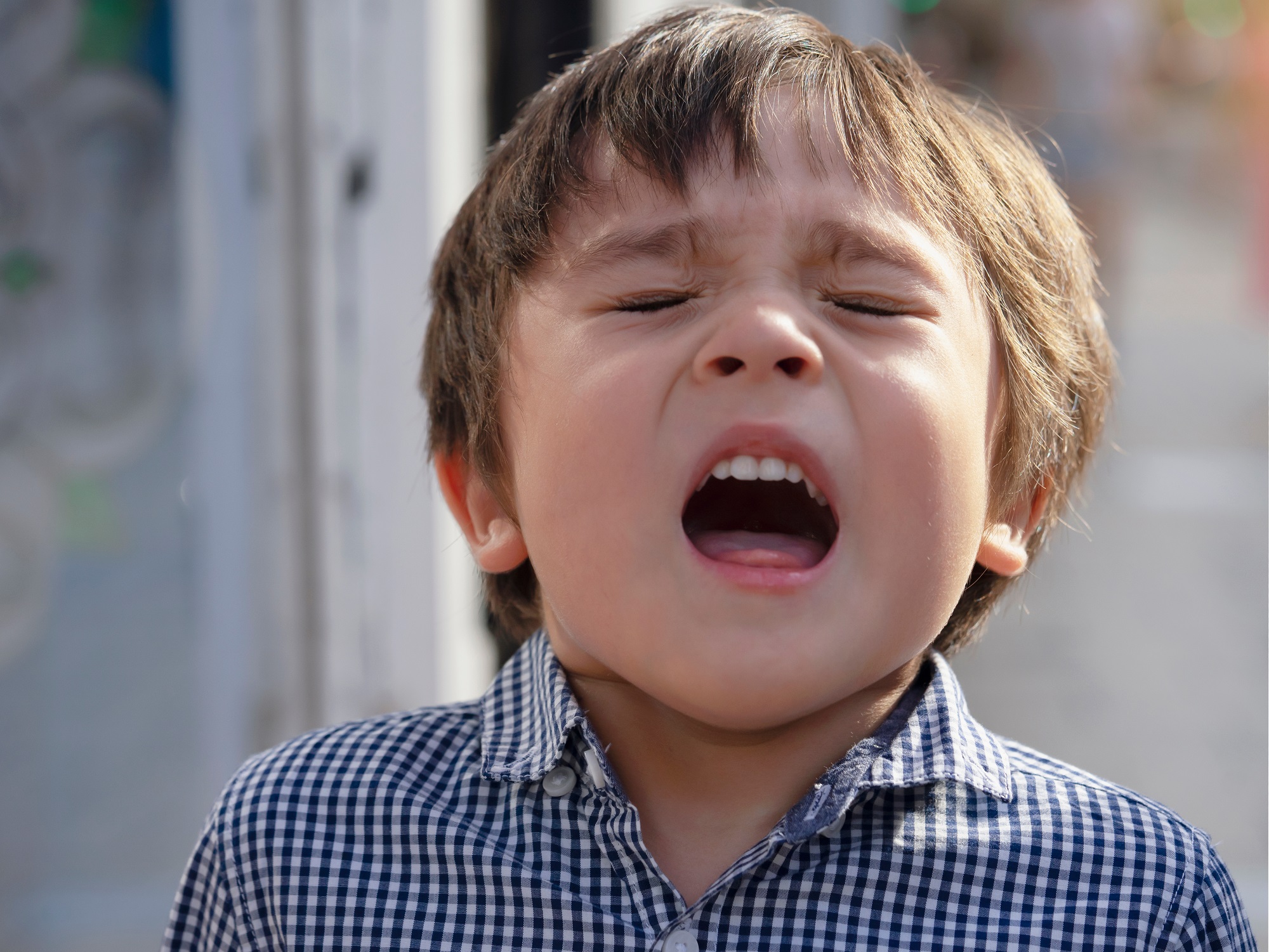As spring has arrived, so has hay fever season.
Here is what you need to know:
What is hayfever/allergic rhinitis?
- Allergic Rhinitis (commonly known as hayfever) is very common in both children, teenagers and adults in Australia
- Hayfever is an allergic reaction to environmental allergens such as pollens (grasses, weeds, trees), house dust mite, moulds and animal fur or hair (dander)
- It happens when pollens or dust mites in the air, get into your child’s nose, eyes and throat and then causes inflammation
- Seasonal hay fever occurs mainly in spring and summer and affects people allergic to pollens
- Perennial hay fever occurs all year round and can be due to house dust mites and/or animal dander etc
What symptoms might my child have?
Immediate symptoms:
- Runny or blocked nose
- Itchy nose, eyes, roof of mouth, throat
- Frequent sneezing
- Itchy, red, watery eyes
Longer lasting symptoms/signs:
- Nasal congestion
- Mouth breathing or Snoring
Why does it matter?
If untreated, children (and adults) can have a number of complications due to allergic rhinitis, some which may go unnoticed. These include:
- sleep disturbance (poor quality sleep)
- daytime tiredness
- headaches
- poor attention, concentration leading to learning issues
- behavioural issues
- recurrent ear infections in kids
- Asthma which is more difficult to control
How do I treat my child’s hay fever?
Medications will not cure allergies but may help relieve the symptoms
Medication options include:
- Antihistamines- tablets, syrups, intranasal sprays and eye drops- non-drowsy recommended
- Nasal Sprays
- Salt water sprays/douches
- Intranasal steroid sprays- use regularly to decrease inflammation (like asthma preventer medications)
- Combination nasal sprays- intranasal steroids and antihistamine- may be prescribed for older children
- Decongestant sprays- unblock and dry up nose but ONLY use for a few days
Decongestant tablets- use with caution
Do I need to see a Dr about my child’s hayfever?
- if you are worried about your child’s hay fever symptoms or they are interfering with your child’s daily life, then it may be helpful to see a Dr to look at possible causes, prevention and treatment options
How can I prevent my child from getting hayfever?
- Hayfever does tend to run in families and often occurs in children/families who have other allergic conditions eg: asthma, eczema (atopic families)
There are several things you can do to prevent or limit your child’s exposure to environmental allergens:
- Avoid or limit your child being outside on high pollen days- spring and early summer is pollen season
- If your child is allergic to house dust mite, there are many preventive measures you can put in place ( see fact sheet in resource section)
- Allergen immunotherapy (desensitisation) – this is only for those with SEVERE allergic rhinitis as treatment is for 3-5 years
Does my child need to have allergy testing?
– If your child has allergic rhinitis and it affects their daily function, it may be helpful to know what is triggering their allergic reaction so you can focus on prevention and appropriate treatments
- Allergy testing for environmental allergens such as pollens and house dust mite can be performed by 2 methods- blood tests or skin prick tests- speak to your Dr
Resources:
Videos:
- https://www.rch.org.au/kidsinfo/fact_sheets/asthma-videos/#how-to-use-a-nasal-spray
- https://nationalallergystrategy.org.au/resources/allergic-rhinitis-hay-fever/animations (use as story/reel)
Fact sheets:
https://www.rch.org.au/kidsinfo/fact_sheets/Hay_fever/
https://www.allergy.org.au/images/pcc/ASCIA_PCC_Allergic_Rhinitis_2019.pdf
https://www.rch.org.au/uploadedFiles/Main/Content/allergy/House%20Dust%20Mite%20Avoidance.pdf
Websites:
https://www.pollenforecast.com.au/
https://www.allergy.org.au/patients/allergic-rhinitis-hay-fever-and-sinusitis
Podcast:
https://www.rch.org.au/kidsinfo/Podcast/– All about allergies
Disclaimer: The content in this article is not intended to constitute or be a substitute for professional medical advice, diagnosis or treatment. Always seek the advice of your doctor or other qualified health care professional. Moreover views expressed here are my own and do not necessarily reflect those of my employers or other official organisations.
Dr Lexi Frydenberg
General Paediatrician
Instagram:@drlexifry









